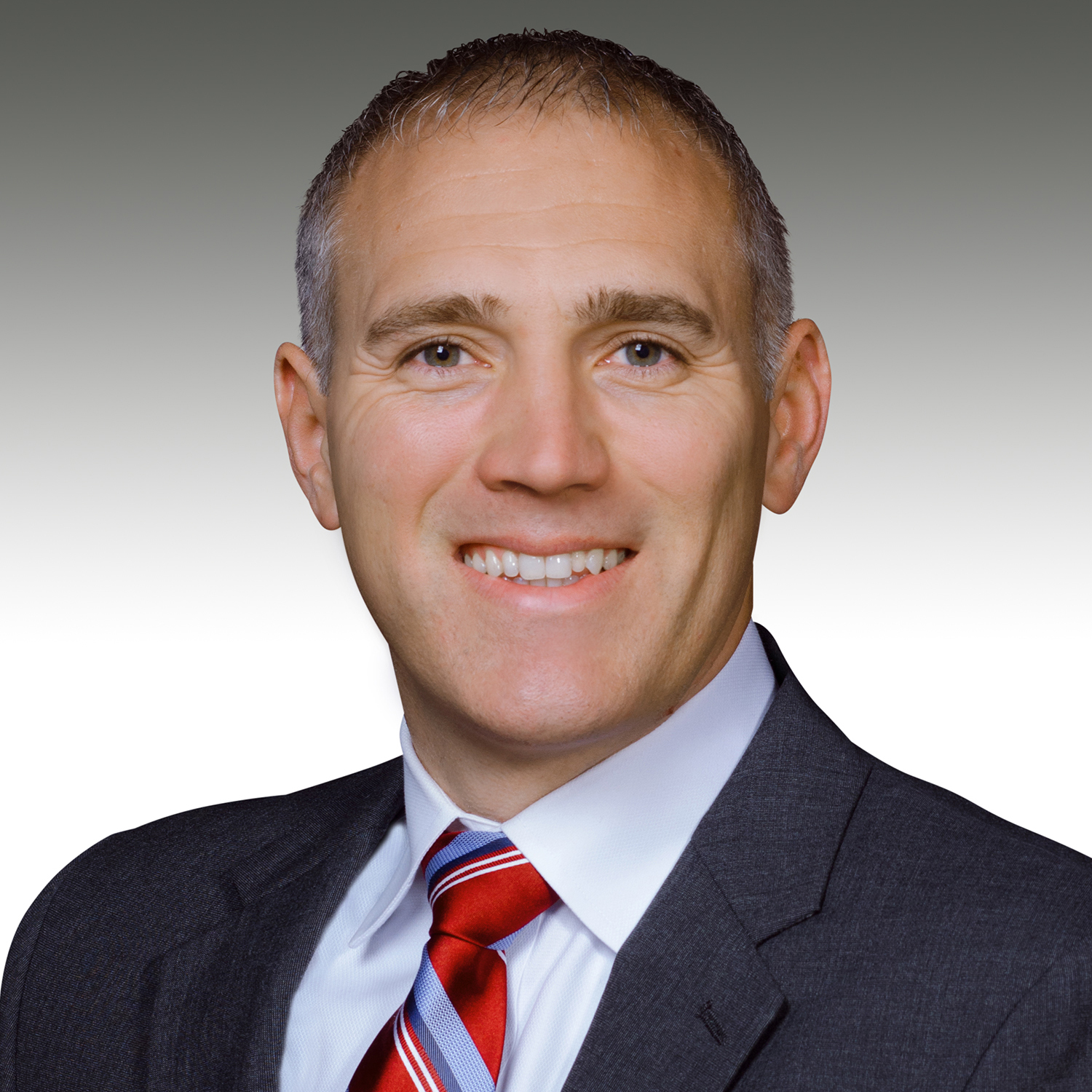
Bobby Moyer, CFA, CFP®, CAIA Chief Investment Officer
Are you a Baby Boomer close to retirement without the savings you need?
If you’re still not ready to retire, you’re not alone. Every day, 10,000 Baby Boomers retire. Yet, 78% of 50-year-olds and 74% of 60-year-olds are behind in saving for retirement. As a result, at least half of retirees plan to work in retirement in order to have money to “make ends meet.”
Fortunately, Baby Boomers who are approaching retirement still have time to save and adequately prepare. The first critical step is ensuring that you’re no longer delaying the critical planning needs arriving at your doorstep.
1. Start working with a financial advisor.
The top financial priority for Baby Boomers today is planning for retirement. Yet, a whopping 42% of Boomers calculate their financial requirements by guessing their retirement needs. And even more alarming: Only 13% of Baby Boomers have a written retirement plan. If you’re not yet planning your retirement with a professional, start doing so today. A financial advisor can apply their expertise to help you identify your vision and create a proactive and personalized plan.
2. Identify what you want your retirement to look like.
Only you know the where, how and what of your desired retirement lifestyle. By outlining that vision — and identifying how you anticipate retirement — you avoid leaving your financial life up to guesswork. Even if you hope to retire in five years, the sooner you start documenting your vision, the better able you are to make it a reality. Identify retirement details such as, whether you want (or need) to keep working, what is your ideal retirement age and how you and your partner each define your ideal retirement.
3. Calculate your budget.
For Baby Boomers working with financial advisors, 42% of them do so to address their general finances. Carefully budgeting for your lifestyle is essential in order to meet daily living costs, long-term health care needs, and outstanding debts. Today’s average cost of retirement is $738,400 — and at least $260,000 of that goes toward health care expenses. A realistic budget can help you prepare for these surmountable costs.
4. Create strategies to pay down debt before retiring.
Paying off debt is a financial priority for 49% of Baby Boomers — second behind saving for retirement. However, that doesn’t mean Boomers are paying off their liabilities. People aged 64 to 75 years old hold five times more debt than Americans did two decades ago.
Holding debt into retirement can jeopardize your financial security, since you must apply part of your income toward the money you owe. We encourage you to analyze the debt you hold and create payback strategies that help you free up money for daily living.
5. Build your emergency savings.
If working until you’re 70 is part of your income plan, you still need to plan for potential emergencies. At any point, something can happen that can quickly deplete your money. Without the right savings and strategies to cushion you, an event such as a furnace breaking, a natural disaster or an unexpected death can leave you in a bind. Focus these remaining years on building your savings now, so you don’t jeopardize your financial standing tomorrow.
6. Prepare your 401(k) savings.
Baby Boomers close to retirement need to address where they are in their 401(k) life cycle: accumulation, consolidation, or distribution. During the accumulation stage, you should be maximizing your savings rate and taking more market risk. As you move closer to retirement, you should continue to maximize savings but begin reducing market risk to avoid a significant drop right before retirement. Finally, as you reach retirement, you should be prepared to make any changes to your portfolio that are necessary to align the risk profile with your income needs. For retirees who will draw on their savings to meet their retirement goals, the first few years may be the most important to ensure sustainability. Suffering a significant drop in the early years of the distribution phase may lead to accelerated depreciation of your portfolio
7. Take advantage of catch-up contributions.
For people who are 50 years old and older, you can make catch-up contributions to your 401(k) account. By deferring more, you may be able to reduce more of your current taxable income and save more for retirement. To help you get ahead when you’re nearing retirement, contribute as much as you can to these accounts, so you maximize your remaining savings opportunities.
At ACG, we help Baby Boomers close to retirement meet their goals with forethought and care. From our experience, it’s never too late to start planning, no matter if you have adequate savings or still need to fill gaps. With goals-based investing and the right perspectives guiding you, you can make your retirement dreams a reality. At ACG, we’re ready to help you have clarity around your wealth.




